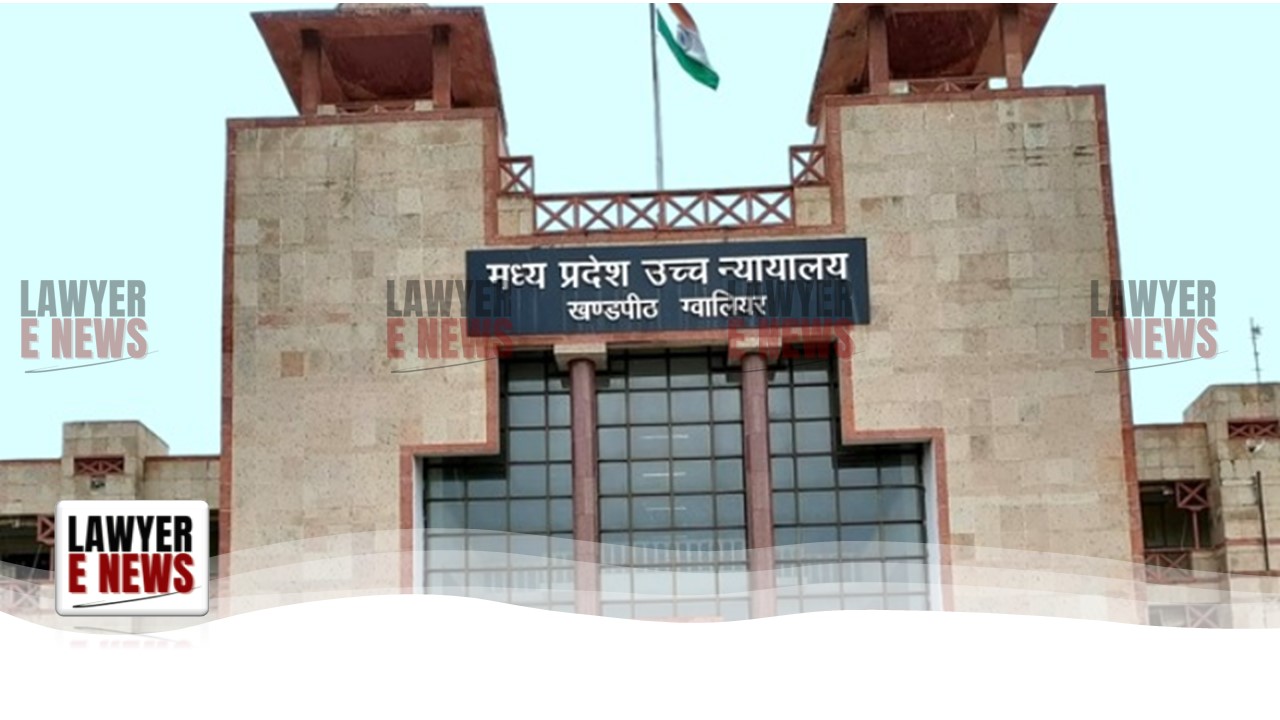-
by Admin
15 February 2026 2:36 AM



On September 9, 2024, the Madhya Pradesh High Court increased the maintenance awarded to Smt. Monika from Rs. 5,000 to Rs. 7,500 per month, ruling that the respondent's voluntary loan deductions could not reduce his legal obligation to support his wife. The court noted that the cost of living and inflation required a realistic assessment of maintenance, ensuring the applicant could live with reasonable comfort.
Smt. Monika, the applicant, had initially filed a petition under Section 125 CrPC seeking maintenance from her husband, Praveen. The trial court awarded her Rs. 5,000 per month. Monika appealed the decision, claiming the amount was insufficient given her husband's salary of Rs. 38,373. Praveen argued that he was already paying Rs. 7,500 per month under the Domestic Violence Act and had additional obligations, including a loan installment of Rs. 13,700 for constructing a house and supporting his parents.
The key issue was whether Praveen's voluntary loan repayments could be considered when determining his ability to provide adequate maintenance. Additionally, the court had to decide whether the maintenance amount should be increased, taking into account the rising cost of living and Monika's needs.
The court rejected Praveen’s argument that his loan repayments should be deducted from his salary when calculating maintenance. The court observed that the loan was taken voluntarily and after the separation, possibly with the intent of reducing his net income. As such, the loan repayments could not reduce his obligation to provide support to his wife.
The court, referring to the Supreme Court's guidelines in Rajnesh v. Neha (2021), emphasized that maintenance should be realistic and sufficient for the dependent spouse to maintain a standard of living similar to what she was accustomed to in her matrimonial home. It noted that Rs. 7,500 per month, considering inflation and the cost of daily necessities, was a more reasonable amount.
The court ordered that the enhanced maintenance of Rs. 7,500 would be subject to adjustment with the Rs. 7,500 already awarded under the Domestic Violence Act, meaning Monika would not receive additional payments beyond this amount.
The Madhya Pradesh High Court increased the maintenance amount to Rs. 7,500 per month, ensuring that Smt. Monika would receive a reasonable sum for her living expenses. The court dismissed Praveen's claim that loan repayments could reduce his maintenance obligations, underscoring that the right to maintenance is independent of voluntary financial commitments.
Date of Decision: September 9, 2024
Smt. Monika vs. Praveen
